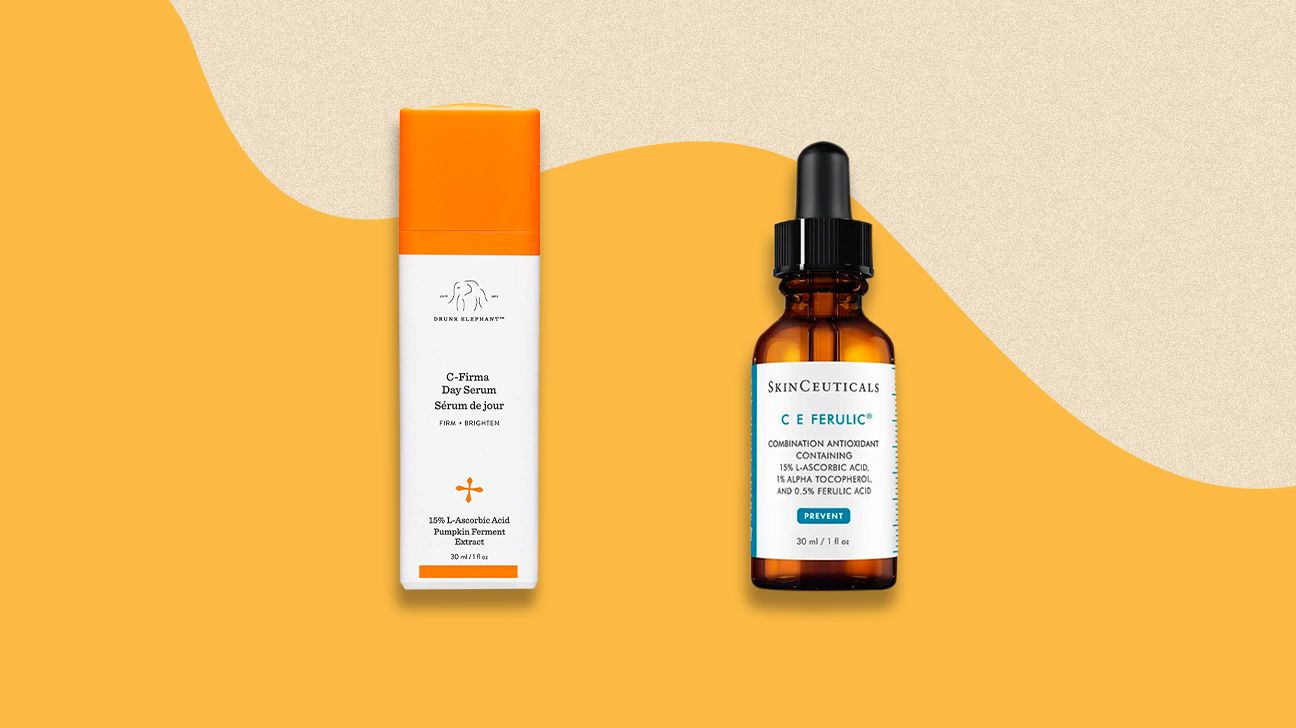Knox County Health Department shares safe sleeping tips for SIDS Awareness Month
KNOXVILLE, Tenn. (WATE) — October is Sudden Infant Death Syndrome (SIDS) Awareness Month. SIDS, also known as crib death, is the unexplained death, usually during sleep, of a seemingly healthy baby less than a year old.
The CDC reports that around 3,400 babies in the United States die unexpectedly each year. While the cause of SIDS is unknown, there are several practices that can be used to create a safe sleep environment to help protect children from SIDS and other sleep-related causes of infant death, such as suffocation. These practices include placing a baby on their back to sleep, keeping the crib as bare as possible, sleeping in the same room and not overheating the baby.
To help educate parents and caregivers on safe sleeping practices, the Knox County Health Department is joining the National Institute of Health’s #SafeSleepSnap campaign. This campaign encourages parents and caregivers to follow safe sleep practices and share an example on social media. KCHD recommends following the ABC’s of safe sleep:
- Alone
- KCHD recommends sleeping in the same froom as your baby but not in the same bed. This is because parents can unintentional roll onto their babies while sleeping, or babies can get tangled in the sheets or blankets. KCHD says a baby should never sleep in an adult bed, on a couch or in a chair.
- Back
- Lying a baby on its back helps them to easily draw in air by keeping the mouth and nose free of obstructions. An infant sleeping on its side or stomach increases the risk of SIDs.
- Crib
- The crib should have a firm sleep surface, such as a mattress, covered by a fitted sheet. The baby’s crib should always be free of soft objects. This means keeping stuffed animals, bumpers, pillows and loose bedding out of your baby’s sleep area.
For parents in need of a crib, the East Tennessee Safe Sleep Initiative’s Cribs for Kids program may be able to help. This is a local coalition made up of organizations including the KCHD that provides infant beds and educational information to families in need. Call 865-215-5170 or email [email protected] to see if you qualify for assistance.



